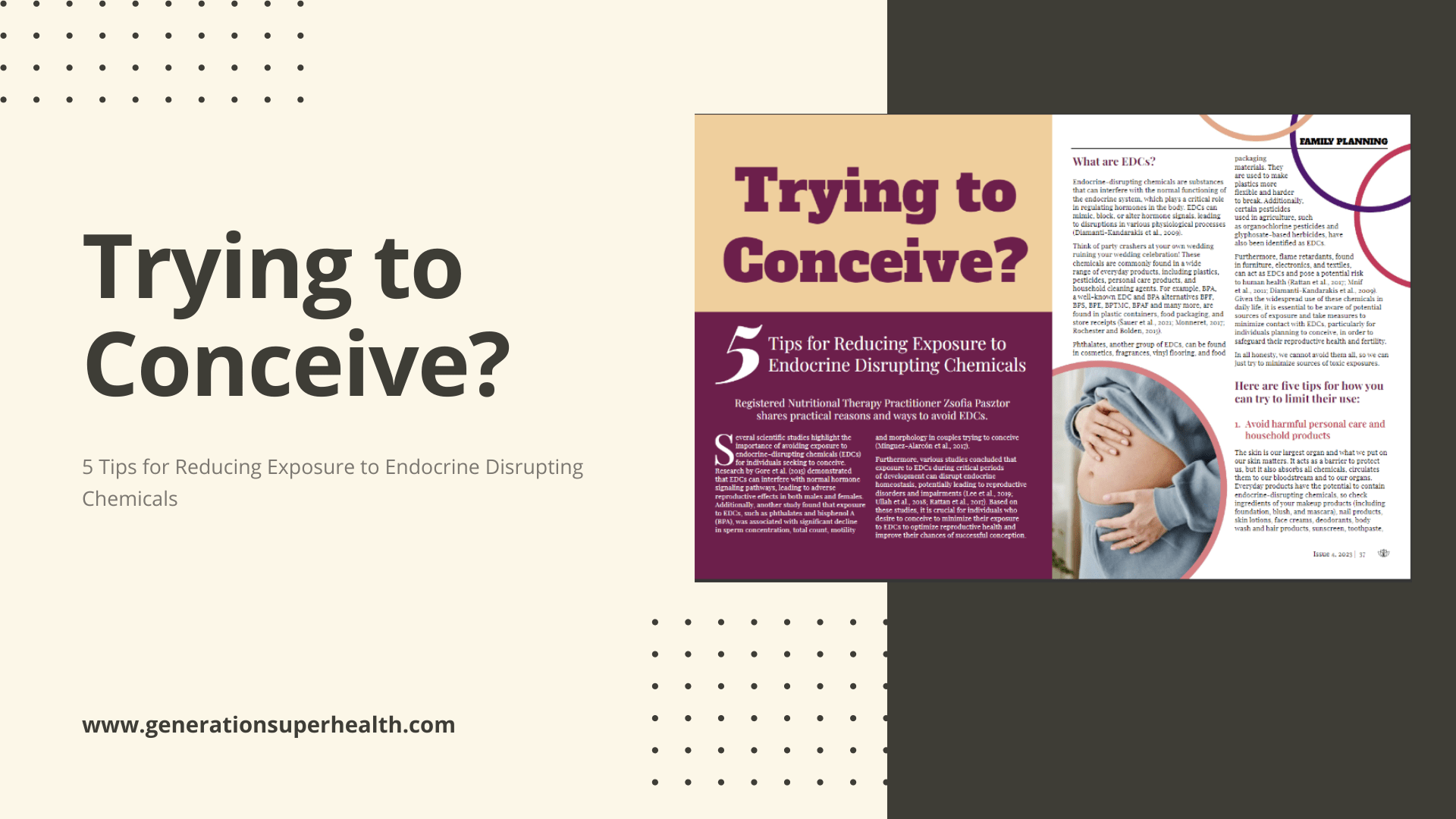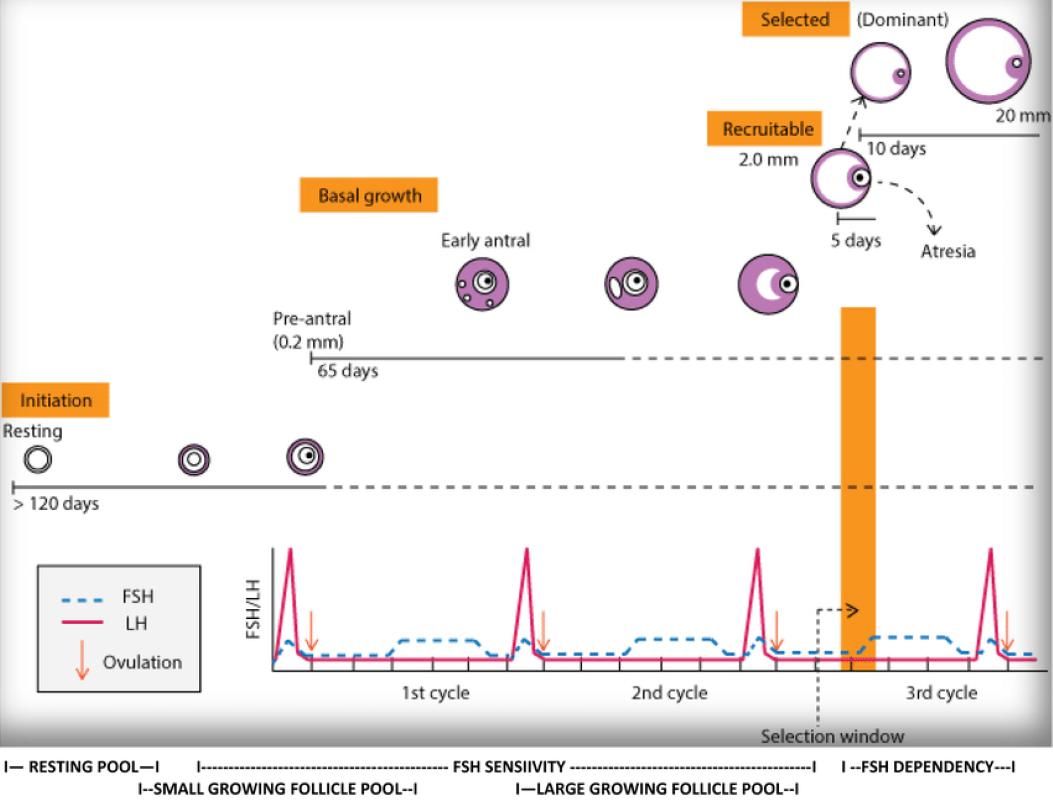The Hidden Threat: How Environmental Toxins and Genetic Vulnerabilities Shape Children's Health - A Functional Medicine Perspective
In today's world, children are growing up amidst an invisible web of environmental toxins - pesticides in their food, industrial chemicals in their homes, heavy metals in their water and hormone disruptors in everyday products…
Helping Fussy Eaters Expand Their Palate: Strategies for Introducing New Foods
Mealtime battles with picky eaters can be a source of frustration for many parents. If you have a child who is a fussy eater, rest assured, you are not alone. Picky eating is a common phase that many children go through, often due to their natural development, sensory sensitivities, or simply a fear of the unknown.
Vaginal Microbiome's Role in Health and Fertility
The vaginal microbiome, composed of various microorganisms, plays a crucial role in maintaining vaginal health and overall reproductive well-being in women. The balance of microbial communities within the vaginal environment is essential for optimal functioning and protection against infections.
5 Tips to Reduce Exposure to Endocrine Disrupting Chemicals
Several scientific studies highlight the importance of avoiding exposure to endocrine-disrupting chemicals (EDCs) for individuals seeking to conceive.
Ureaplasma: A potential key factor in infertility and miscarriage
Ureaplasma is a type of bacteria commonly found in the human reproductive system. Unlike many bacteria, Ureaplasma lacks a cell wall and produces an enzyme called urease, which breaks down urea into ammonia and carbon dioxide. The two main species affecting human health are Ureaplasma urealyticum and Ureaplasma parvum. These bacteria can significantly impact fertility and pregnancy, making it crucial to understand their role in reproductive health.
Take charge of your fertility journey today!
When you are searching the web, read books or articles, you probably bump into acronyms, which do not make sense at first or you forgot about them. To help you with fertility lingo, here is a list I collected over the years to guide you in all your fertility research.
Nurturing Gut Health for Healthy Minds & Bodies in Children
As parents, we strive to provide our children with the best possible foundation for a healthy life. While proper nutrition and physical activity are well-known contributors to their well-being, emerging research has shed light on an additional factor: the gut microbiome.
Male Factor Infertility: Causes and Implications
Infertility, a global health concern affecting approximately 15% of couples, is attributed to male factors in nearly half of these cases.
Cracking the Genetic Code: Nutrigenomics and Fertility
Nutrigenomics, an emerging field of nutritional science, integrates genomics, epigenomics, transcriptomics, proteomics, and metabolomics to understand the interaction between diet and genes and their subsequent effects on health.
Unlocking Fertility with Personalized Nutritional Therapy
Infertility is not simply just a hormonal imbalance. Fertility, normal menstrual cycles, the ability to maintain a healthy pregnancy, optimal male and female health are all dependent on a complex integration of numerous pathways, involving blood sugar stability, thyroid function, adrenal gland function, gut function, microbiome health, detoxification, as well as environmental factors, that ensure successful conception and a full-term, healthy pregnancy.
Functional Fertility Nutrition and Lifestyle Therapy
Nutritional Therapy is the application of the latest theoretical and applied knowledge of nutrition and lifestyle medicine sciences in the promotion of health and individual care. Nutritional Therapy is based on the Functional Medicine principles and it addresses the underlying causes of disease using a systems-oriented, individualized therapy approach.
My Journey with PCOS: From Diagnosis to Family
I was diagnosed with PCOS at the age of 27 and the diagnosis hit me hard as I always wanted to become a mother. To hear from a gynecologist that it will be very difficult for me to get pregnant was heartbreaking, scary and it made me feel lonely and worried for years and years to come.












